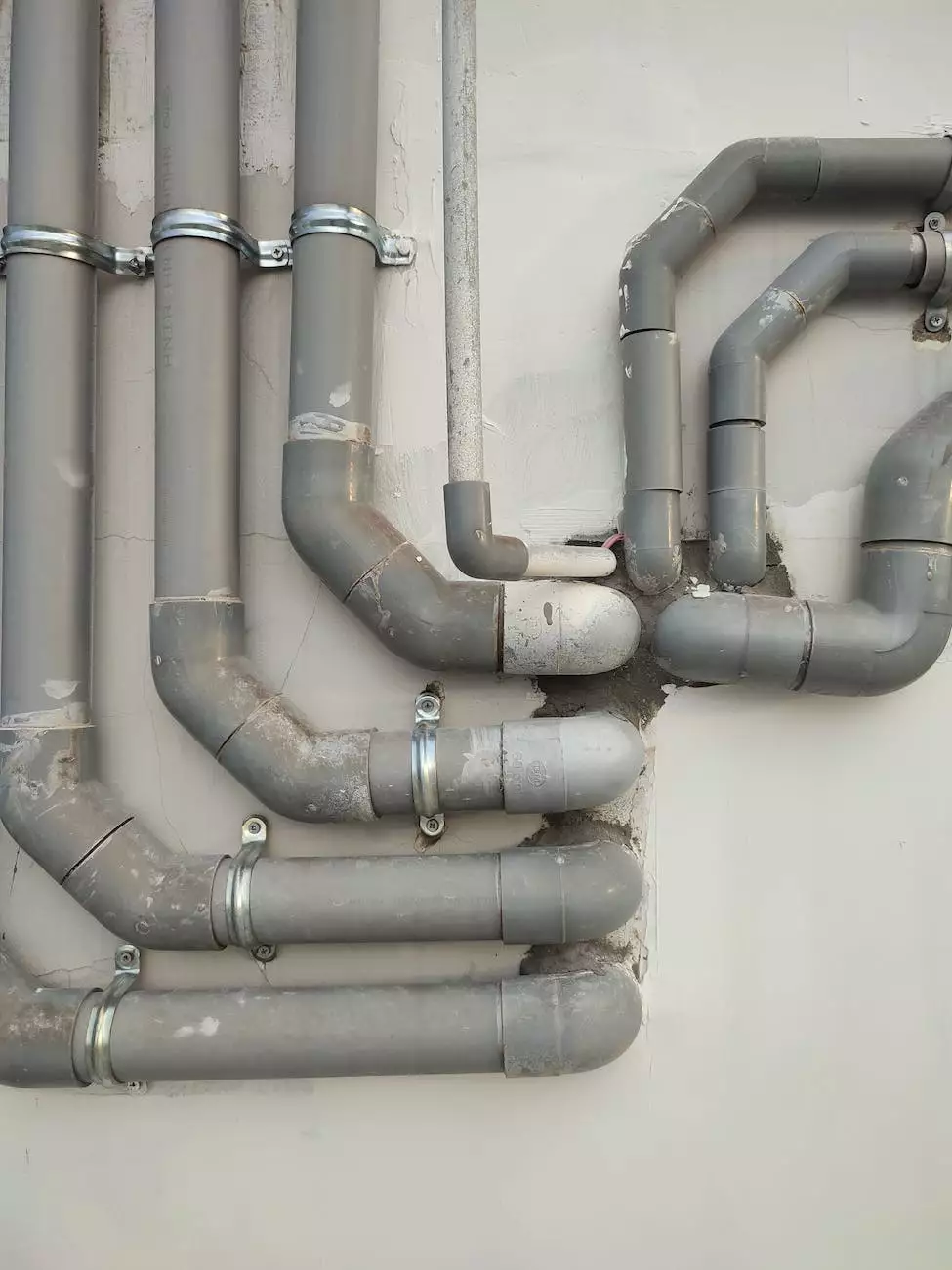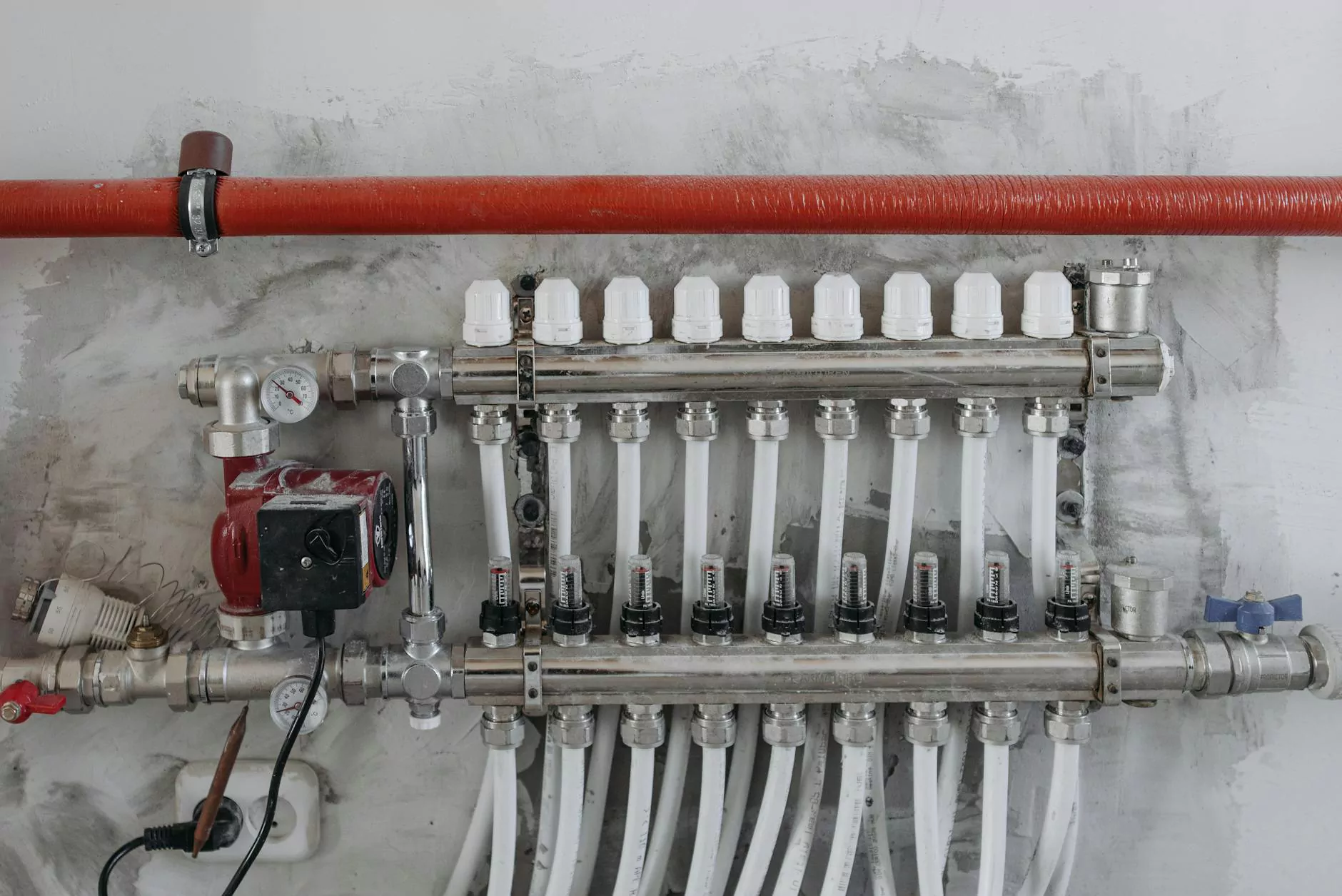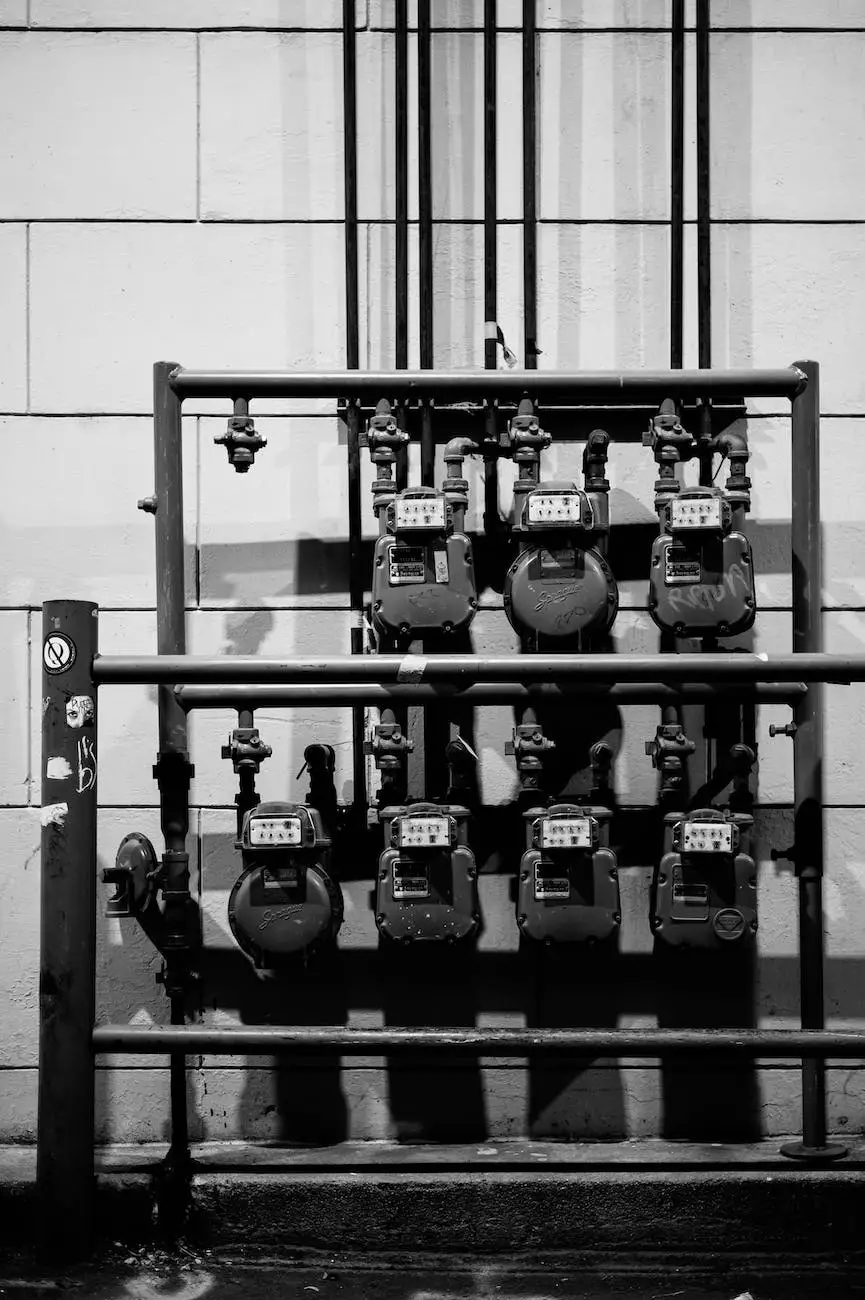Are Tankless Water Heaters Worth It?
Blog
Welcome to the informative page on tankless water heaters brought to you by Westwater Softening & Purification. Are you considering upgrading your water heating system to a tankless option? This comprehensive guide will help you understand the pros and cons of tankless water heaters, enabling you to make a well-informed decision for your household's needs. So, let's delve into the world of tankless water heaters and determine whether they are worth the investment.
What Are Tankless Water Heaters?
Tankless water heaters, also known as on-demand water heaters, are innovative appliances that provide hot water only when needed. Unlike conventional storage tank water heaters, which continuously keep a large amount of water heated, tankless models heat water directly as it flows through the unit, eliminating the need for a storage tank. This technology offers various benefits, but let's explore if it's truly worth it compared to traditional water heaters.
The Benefits of Tankless Water Heaters
1. Energy Efficiency: Tankless water heaters are renowned for their energy-saving capabilities. By avoiding standby heat loss, where energy is wasted to keep water hot in a storage tank, tankless models can help lower your energy consumption and utility bills. With the increasing focus on environmental sustainability, choosing an energy-efficient option can be a significant advantage.
2. Continuous Hot Water: The ability to provide hot water on demand is one of the primary benefits of a tankless water heater. Say goodbye to running out of hot water during long showers or when multiple appliances are being used simultaneously. Tankless systems can deliver a continuous supply of hot water, ensuring your household's needs are met without any disruptions.
3. Space-Saving Design: If you're looking to optimize space utilization in your home, tankless water heaters are the perfect solution. With their compact and wall-mounted design, tankless units can be easily installed in smaller areas, freeing up valuable space that would otherwise be occupied by a bulky storage tank. This flexibility allows for more design options and better use of available square footage.
4. Longevity: While traditional water heaters usually last around 10-15 years, tankless models have a longer lifespan, often exceeding 20 years with proper maintenance. This extended longevity can be an attractive factor when considering the long-term value and return on investment.
Considerations and Drawbacks
While tankless water heaters offer numerous advantages, it's essential to consider the potential drawbacks before making a decision:
1. Higher Initial Cost: Compared to traditional water heaters, tankless models generally come with a higher upfront cost. However, it's crucial to look beyond the initial investment and evaluate the potential long-term savings in energy bills and maintenance expenses. With careful analysis, the higher initial cost can often be outweighed by the lifetime cost savings.
2. Limited Flow Rate: Although tankless water heaters have the ability to provide endless hot water, they do have limitations when it comes to multiple, simultaneous uses. If your household has high-demand scenarios where hot water is needed in multiple areas simultaneously, such as running a shower and dishwasher simultaneously, it's important to choose a tankless model with an appropriate flow rate to ensure sufficient hot water supply.
3. Requirements for Proper Sizing and Installation: To maximize the performance of a tankless water heater, it's crucial to ensure proper sizing and installation. Factors such as the desired maximum flow rate, incoming water temperature, and peak usage patterns must be considered when determining the appropriate size for your household. Professional installation by a qualified plumber is recommended to ensure optimal performance and longevity of the unit.
Conclusion
In conclusion, tankless water heaters offer a range of benefits, including energy efficiency, continuous hot water, space-saving design, and extended longevity. However, it's crucial to carefully weigh these advantages against the potential drawbacks of higher upfront costs, limited flow rates, and the need for proper sizing and installation. By assessing your household's specific needs and consulting with professionals, you can determine whether a tankless water heater is worth the investment for your home.
At Westwater Softening & Purification, we understand the importance of providing valuable information for our customers. If you have further questions or require expert advice on tankless water heaters or any other water treatment solutions, our knowledgeable team is here to assist you. Contact us today to learn more and make an informed decision for your home's water heating needs.









